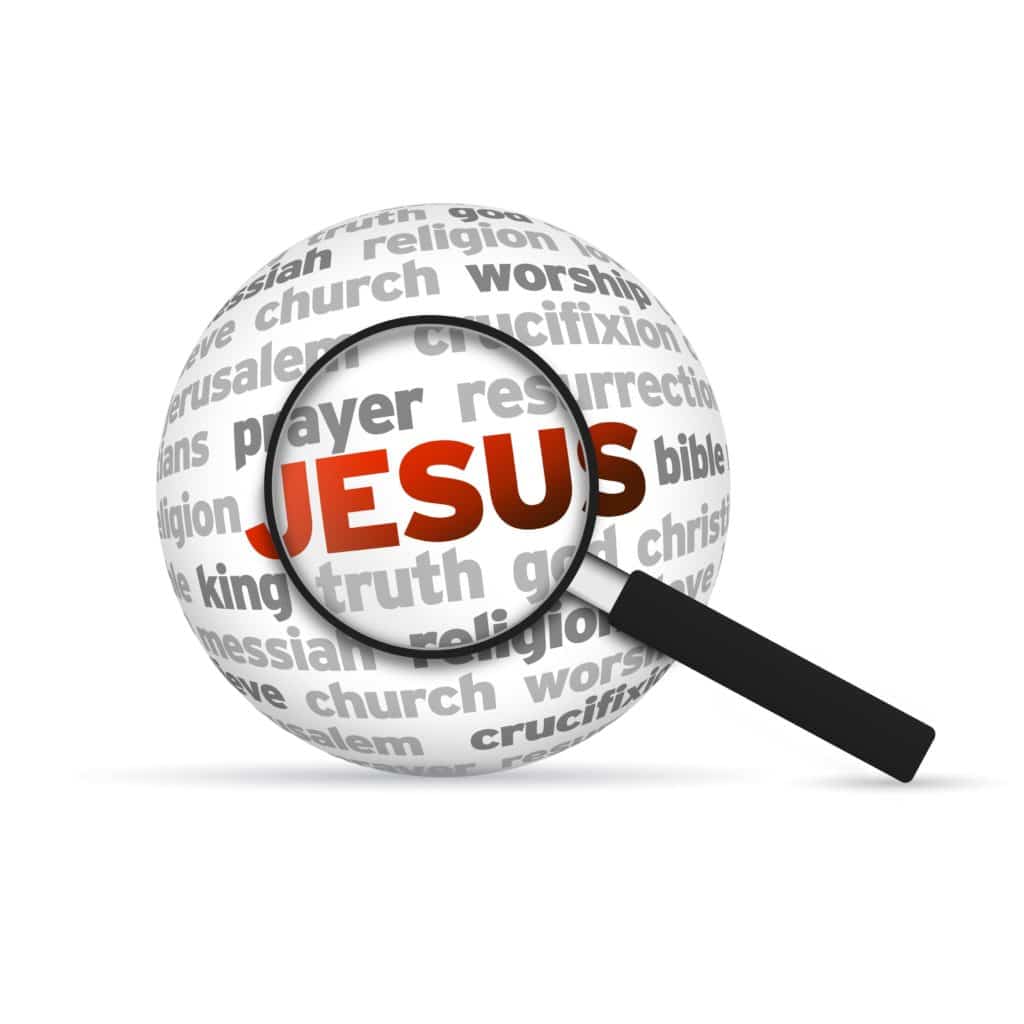Kingdom Covenant Part 11

At Keys Vineyard Church, we present a series called ‘Kingdom Covenant,’ which we post here on Online Bible Institute.
We have discussed integrity and forgiveness in Joseph’s story for the last two weeks. As we wrap up Kingdom Covenant this week, we will examine sovereignty and providence.
Romans 8:31–39 (NIV)
31 What, then, shall we say in response to these things? If God is for us, who can be against us? 32 He who did not spare his own Son, but gave him up for us all—how will he not also, along with him, graciously give us all things? 33 Who will bring any charge against those whom God has chosen? It is God who justifies. 34 Who then is the one who condemns? No one. Christ Jesus who died—more than that, who was raised to life—is at the right hand of God and is also interceding for us. 35 Who shall separate us from the love of Christ? Shall trouble or hardship or persecution or famine or nakedness or danger or sword? 36 As it is written: “For your sake we face death all day long; we are considered as sheep to be slaughtered.” 37 No, in all these things we are more than conquerors through him who loved us. 38 For I am convinced that neither death nor life, neither angels nor demons, neither the present nor the future, nor any powers, 39 neither height nor depth, nor anything else in all creation, will be able to separate us from the love of God that is in Christ Jesus our Lord.
Joseph’s story in Genesis 50:20 powerfully illustrates the concepts of sovereignty and providence. His words, ‘You intended to harm me, but God intended it for good to accomplish what is now being done, the saving of many lives, ‘encapsulates the profound understanding of these central tenets of Christian theology.
God’s sovereignty refers to His supreme power and authority over all creation. It means that God is in complete control of everything that happens, from the grandest cosmic events to the most minor details of our lives. Nothing occurs without His knowledge. This sovereignty assures believers that God’s plan is ultimate and unfailing, and nothing can thwart His purposes. Joseph’s life, filled with betrayal, slavery, and imprisonment, illustrates this perfectly. Despite his brothers’ evil intentions, God’s sovereign plan was at work, orchestrating events in a way that ultimately led to the preservation of many lives during a severe famine.
On the other hand, Providence is how God sustains and governs the world. It’s the unfolding of His sovereign will in real time, where He provides, protects, and directs His creation towards His intended purposes. God’s providence is seen in how He brings good out of evil, order out of chaos, and hope out of despair. Joseph’s story is a testament to God’s providential care. Every hardship Joseph faced was a stepping stone towards fulfilling God’s greater plan for his life and the lives of many others. His rise to power in Egypt was not a series of fortunate coincidences but a demonstration of God’s providential hand at work.
Embrace the comfort and hope that the concepts of sovereignty and providence offer. They provide a framework for understanding the complexities of life, assuring us that even in the midst of suffering and confusion, God is in control and is working all things for good. This perspective encourages trust in God’s character and His perfect plan, affirming that He is both powerful and purposeful in His dealings with humanity.
As we reflect on Joseph’s journey from the pit to the palace, let us recognize that our times are in God’s hands. May we learn to wait with patience, see beyond our current trials, and trust that God is orchestrating our lives for good, even when we can’t see it.
This weekend at Keys Vineyard Church we will talk about all this and more, so be sure to join us in person or online.
Steve Lawes is a Church Consultant and also provides coaching for pastors, churches, ministries and church planters.

